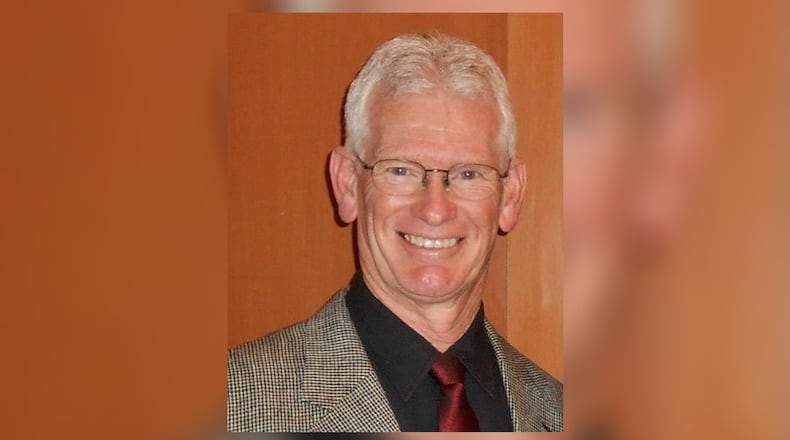Running through a litany of the documented half-truths and outright lies of the past six years serves no purpose. What does serve a purpose is to look at the words and phrases promoted in Hobson’s and Bridgeland’s editorial: shared facts, respect, reaching across the aisle, honesty, decency, trust, compassion, rule of law, and peaceful transfer of power. Within today’s bitter political atmosphere, these two Republicans would probably be labeled RINO’s (Republicans in Name Only) by the more extremist wing of the party.
If many of today’s legislative and executive office-seekers are not going to abide by the aforementioned words and phrases with the roots of bitterness so deeply ingrained in today’s political system, what is actually needed to support Hobson’s and Bridgeland’s goals? We must then go back to Friedman’s statement above. We as educators must look at the “how” we are educating rather than the “how much” we are educating. Hopefully today’s educators are emphasizing Hobson’s and Bridgeland’s principles that are so vital to a vigorous — and honest — debate. With the political rancor within Congress and within the electorate, today’s curriculums must include Friedman’s “how” in order to supplement the “how much” which is in all curriculums. For Bridgeland’s goal to “protect and renew American democracy” to be achieved, the responsibility of the curriculum supervisors and teachers in our private and public schools is greater than ever.
We can all teach the basic ideological differences between parties. We can have policy debates and we can teach an infinite number of facts. However, is it more important in today’s political environment to teach about working with each other rather than against each other? Teaching cooperation, respect, compromise, and other values to our youth may ultimately save our democracy. Volumes of facts surely won’t. Perhaps we should rework the emphasis in our school curriculums.
Author Neil Postman so aptly stated: “Children are the living messages we send to a time we will not see.” It’s incumbent upon us to send the children with the right message.
R. Gregg Cross lives in Xenia and has been an American Government and World Geography teacher for 35 years with the Beavercreek school system.
About the Author
